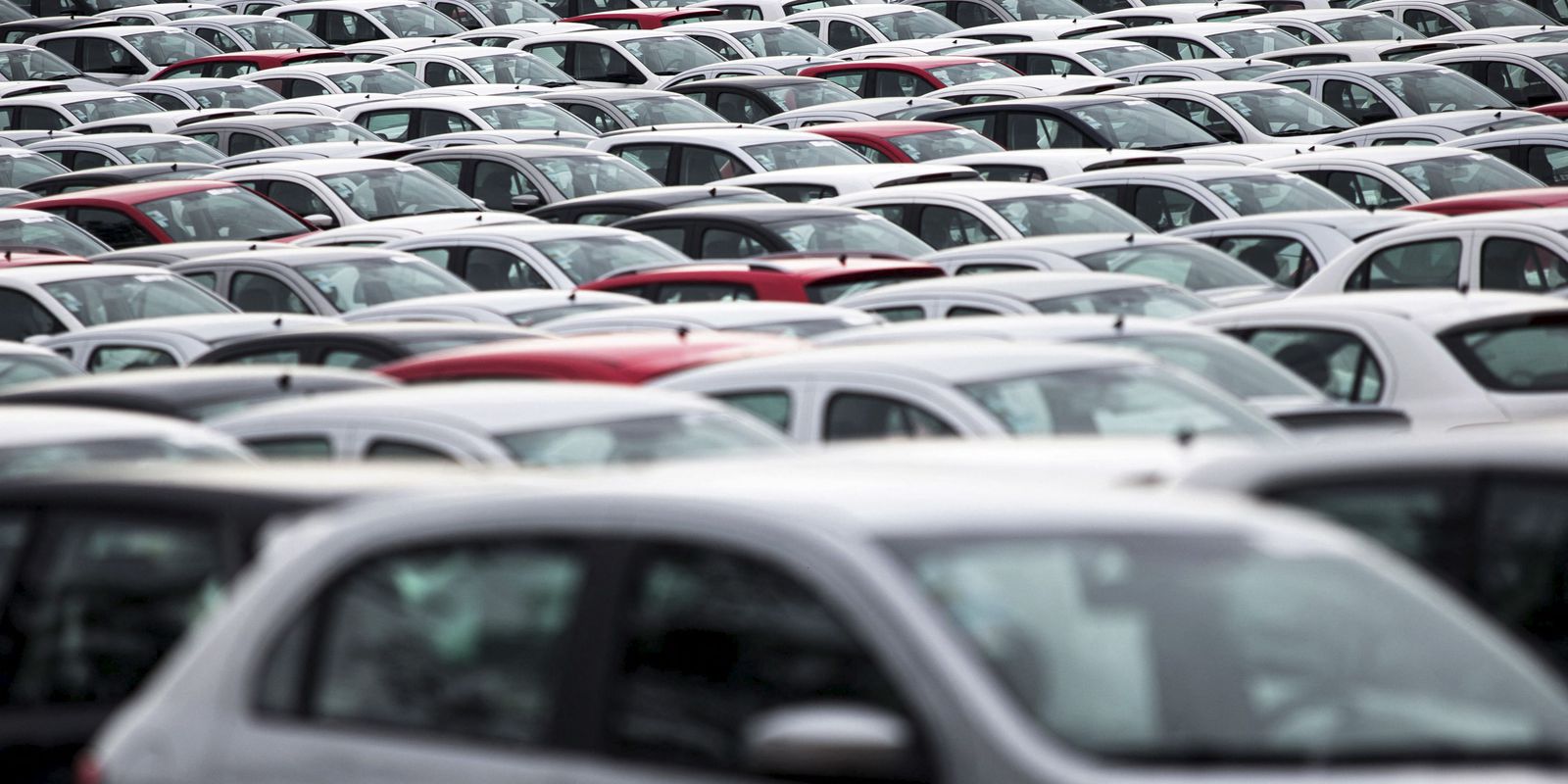The National Association of Motor Vehicle Manufacturers (Anfavea) announced that, in January this year, 126,500 vehicles were sold, which represents a drop of 38.5% compared to December last year. In comparison with January last year, the retraction was 26.1.5%.
When releasing the data this Monday (7), the president of Anfavea, Luiz Carlos Moraes, considered the drop as relevant. “It was a relevant drop compared to December, which was a very good month, we pushed production and registration a lot, largely to deliver many vehicles pending from previous months due to lack of semiconductors”.
The Executive recalled that January is traditionally a month with few sales in the car market, however, he highlighted other reasons for the retraction in the month.
“January is already expected to drop, as happens every year, but we had some aspects that impacted this result even more, such as the high volume of registration in December, the imbalance in the supply chain, and we had a transition in the registration system, such as vehicles that were sold, but were not licensed in the month of January. But this issue has already been resolved and the placement has already returned to normal in February,” he said.
Moraes also said that the summer rains and the Ômicron variant were also aggravating factors that led to the biggest drop in sales in the first month of the year. “We had above-average rainfall in important regions like São Paulo, which is the largest market, which impacted the frequency of shoppers and even closed some stores that had additional problems such as flooding in certain regions, and obviously, the Ômicron variant that is affecting the chain as a whole, suppliers, manufacturers and retailers”.
There was also a retraction in the production of vehicles, with a drop of 31.1% in relation to December. According to the balance released by Anfavea, 145,400 units were manufactured in the first month of this year, while production in December last year was 200,400 vehicles. Compared to January 2021, the drop in production was 27.4%
For the year, the president of the entity said that the high interest rate may discourage sales. “Yes, we are working with a restriction on supply, but in our forecast for the year we consider the impact of the issue of more timid GDP growth and the increase in interest rates. It is a mixture of the two impacts. In a normal year, we only look at demand. This year we still have to look at supply and demand due to these interest rate hikes, the ability of individuals to buy, employment is still not at an adequate level, in short, a restriction on supply and a certain limit on demand considering the scenario of Brazil we have for 2022”.
exports
Car exports also fell by 33.5% in January, compared to December 2021, with the sale of 27,600 vehicles outside the country. With respect to January last year, the high was 6.6%, when there were exports of 25,900 units.
trucks
The sale of trucks had a retraction of 26.8% in January compared to December last year. In the last month, 8,700 units were sold. In comparison with the same period last year, the increase in truck sales was 15.5%.
Job
The level of employment in the industry rose by 0.3% in January compared to the last month of 2021. In comparison with January of last year, the fall was 2%. Vehicle manufacturers employed 103,384 people in January last year, while they now have a total workforce of 101,335.

















